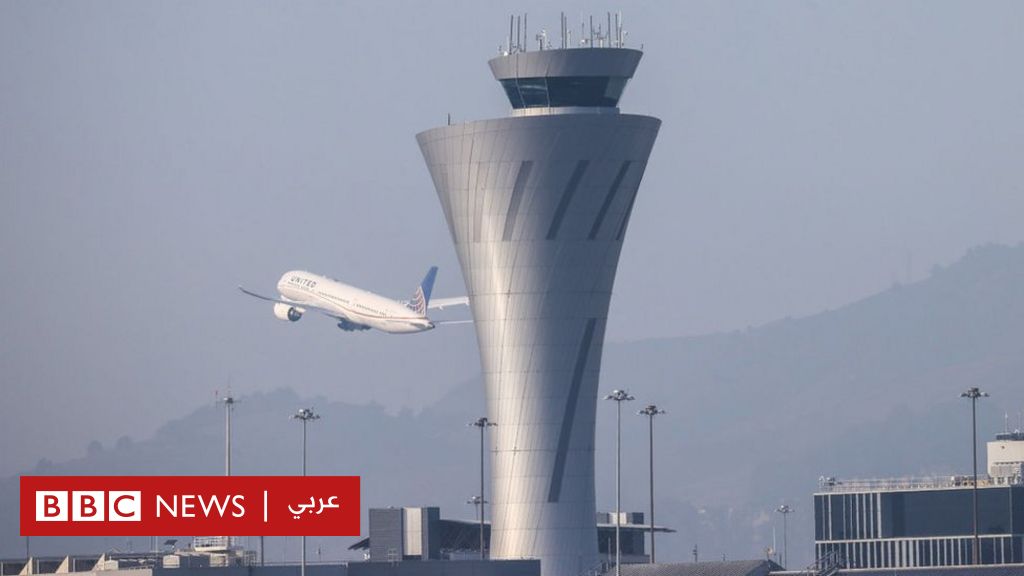- Sam Hancock
- BBC news
Many countries have decided to impose restrictions on the entry of Chinese, out of fear of a Corona virus outbreak
The United States is considering imposing restrictions on people from China after Beijing announced plans to reopen its borders next month.
US officials justified their decision with a lack of transparency about the spread of the virus in China and the country’s growing cases of infection.
Fear of virus transmission has prompted Japan, Malaysia and Taiwan to tighten procedures for Chinese travellers, including those in possession of a certificate confirming their negative Corona infection.
Beijing has said Covid measures must be taken on a “scientific” basis.
India has also approved entry restrictions for Chinese but announced this ahead of China’s decision to reopen its borders.
Chinese authorities will resume issuing passports to its citizens who wish to travel abroad, starting January 8.
Specialized websites have pointed to an increase in travel, which has made some countries fear a possible outbreak of the Corona virus.
The media quoted the US authorities on the matter: “The concerns of the international community are growing due to the high incidence of the coronavirus in China and the lack of transparency in the data”.
Chinese Foreign Ministry spokesman Wang Wenbin accused Western countries and the media of “agitating” people and “distorting China’s compliance with its Covid-related policies”.
He said China believes all countries’ handling of COVID should be “scientific and proportionate.”
Wang called for “joint efforts to ensure the safe crossing of borders, ensure the stability of global industrial supply lines, and promote economic recovery and growth.”
Both Britain and Germany have said they are monitoring the situation closely but do not currently intend to impose new restrictions on Chinese travellers.
A spokesman for the British prime minister said the number of injured in Britain was still “relatively low”.
A spokesman for the German health ministry said there was “no indication that a more serious variant was developing”.
The true number of injuries and deaths in China is not known, because the authorities have stopped releasing data on them. It is reported that hospitals are overwhelmed with patients and the elderly are dying.
Beijing last week recorded 4,000 new cases of Covid a day and a number of deaths.
Before easing travel rules, authorities were urging people not to travel abroad.
Half an hour after Monday’s announcement that China would reopen its borders, data revealed that Chinese searches for overseas tourist spots have increased 10-fold since last year, according to Trip.com.
Their favorite destinations were Macau, Hong Kong, Japan, Thailand and South Korea.
In a separate statement, Hong Kong’s leader John Lee announced on Wednesday that his city would immediately lift all of the latest Covid restrictions, except for wearing a mask, which remains mandatory.
“The city has achieved a high vaccination rate, which is a barrier to the epidemic,” he said at a news conference.
The United States still requires visitors from abroad to prove they have been vaccinated against COVID-19 before entering the country.
The Centers for Disease Control and Prevention’s website recommends that everyone traveling to the United States get their vaccination pre-travel and bring a test result with them, but the recommendation is not legally binding.
The US officials, who did not provide their names, said in a statement that they “follow the science, listen to the advice of public health experts and consult with partners.”
The easing of Covid restrictions in China comes after weeks of unrest in which people took to the streets to protest against Xi Jinping and his government.


